Made in 51.439680, 5.474830
2023 @ Design Academy EindhovenHow accurate are the ‘Made in’ and ‘Designed in’ claims found on the labels of electronic consumer products?
The project’s research shows that the country indicated does not always match the brand or the product’s actual location or origin. This is because, in the name of efficiency, large manufacturing brands often produce products in third countries, particularly in Southeast Asia. This production system serves to boost the economies of these third countries through foreign investment, while lowering costs for the manufacturing brand. However, it also perpetuates colonial hierarchies of knowledge and economy. To protect the brand’s technical knowledge, the brand often produces the most important functional parts of the product on their own site before shipping them to the third country for final assembly. The third country’s cultural and technical knowledge is disregarded in the design and production.
Seeking to highlight these neo-colonial and unsustainable aspects of this globalised manufacturing system, I have made a Philips electric razor entirely in Eindhoven, the Netherlands, the birthplace of the brand. The functional mechanism of the razor is given a new body made of various materials such as alginate, Jesmonite and rattan. The crafting technique points out the Indonesian culture metaphorically, where the product’s is currently produced. The newly made product in Eindhoven emphasises a number of sustainable principles that the Indonesian location could bring to the object: only using one mould per product, relying solely on human labour and time, and using eco-friendly materials.
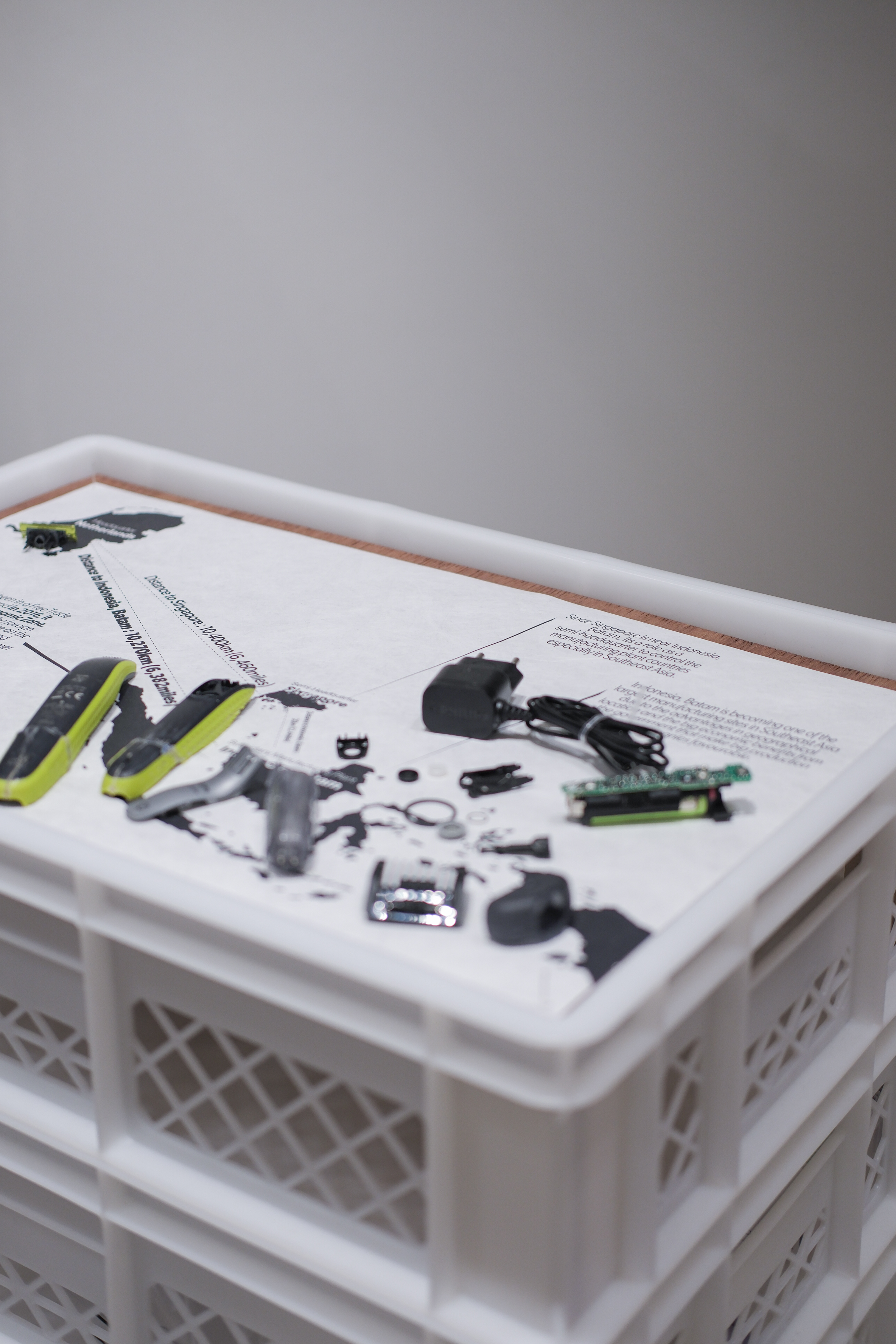
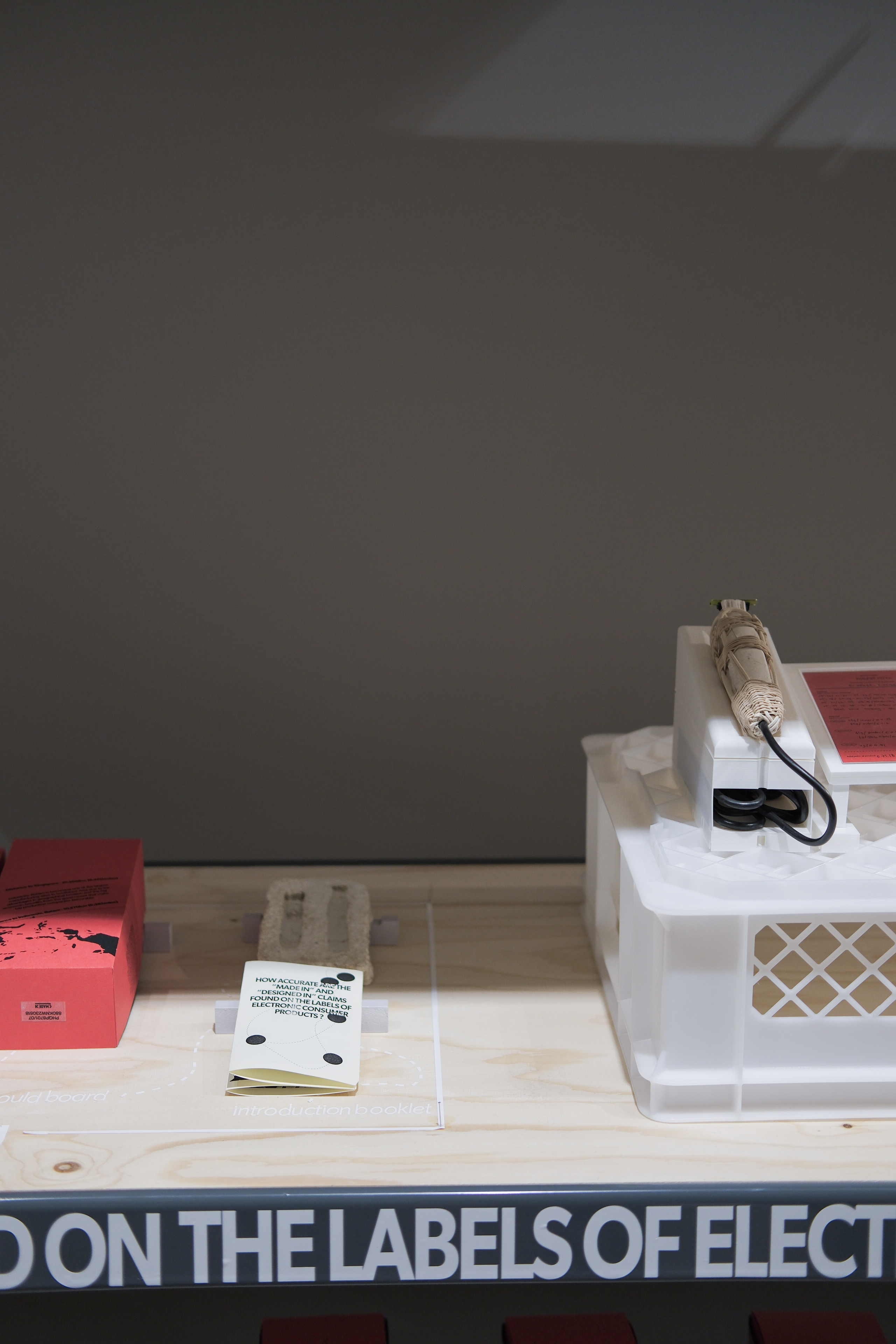
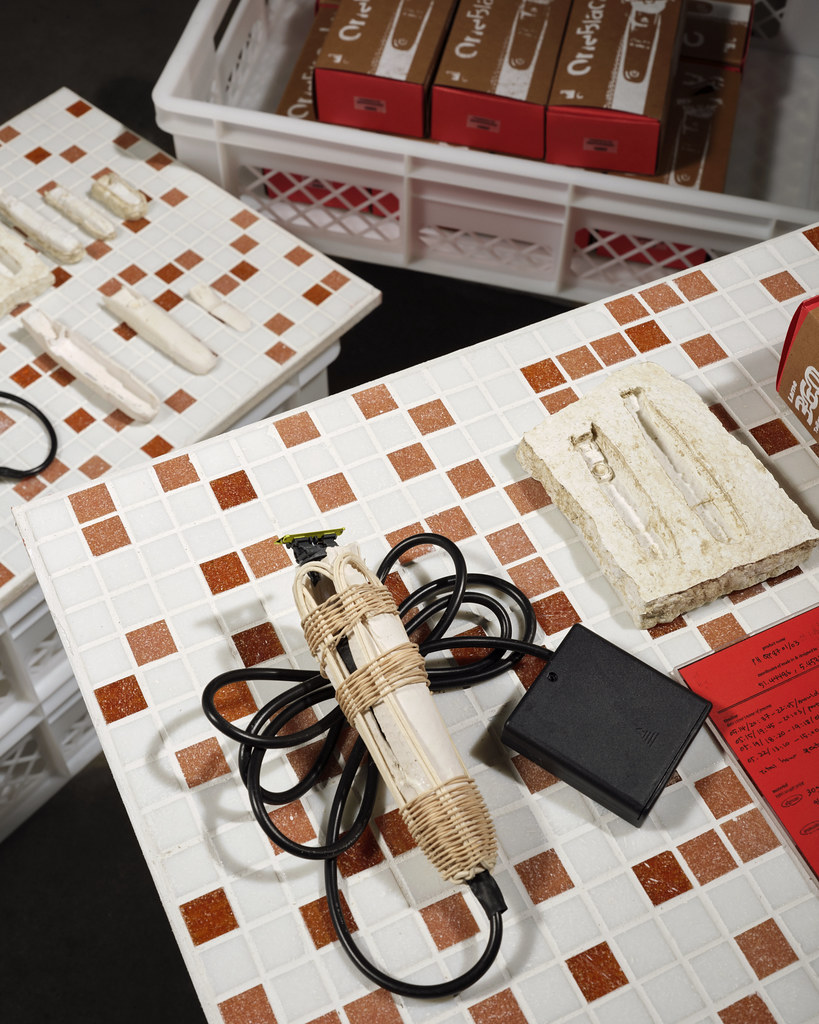
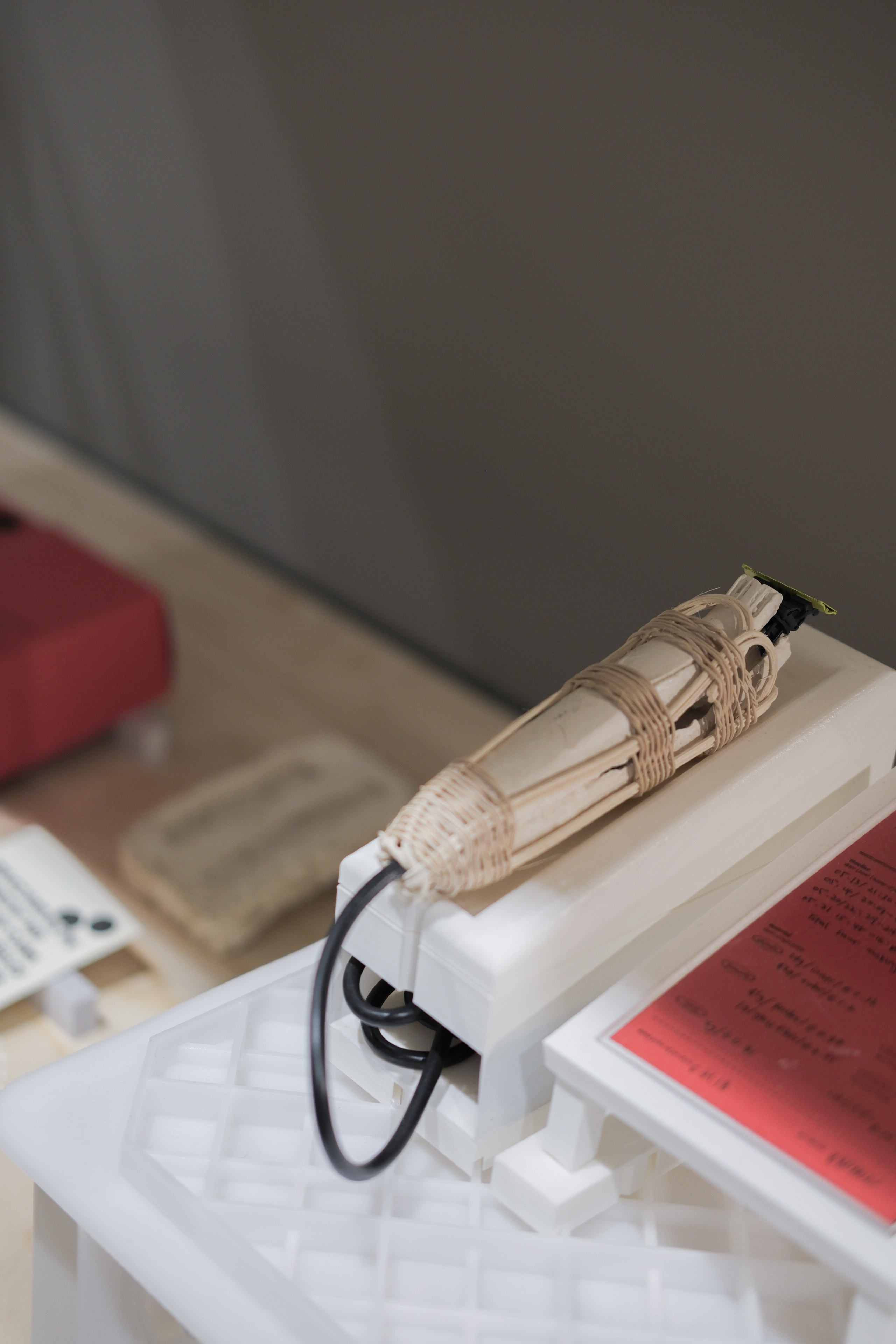
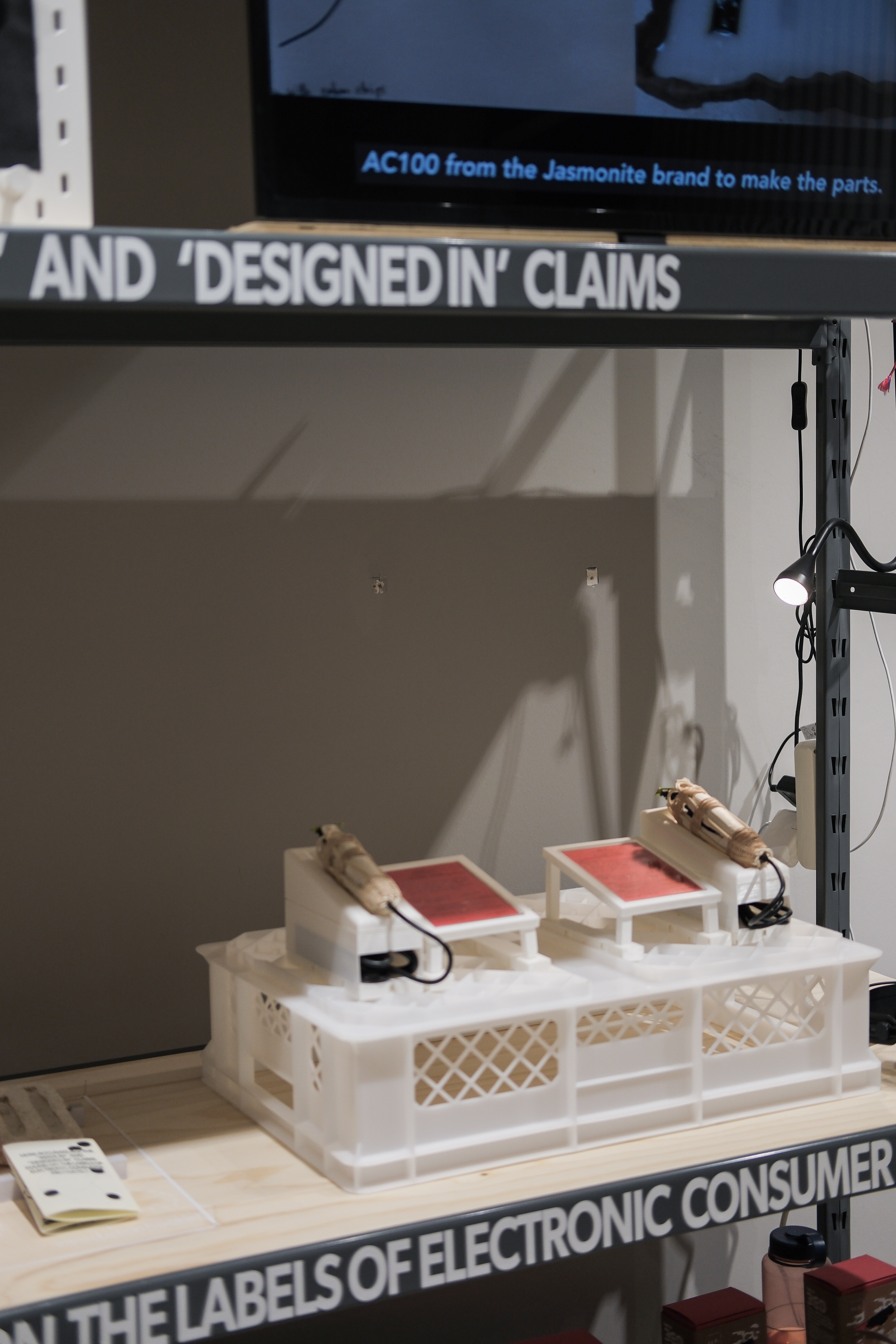
Photography by
Femke Reijerman@Design Academy Eindhoven
Marie Kang @Graduation Show Dutch Design Week 2023
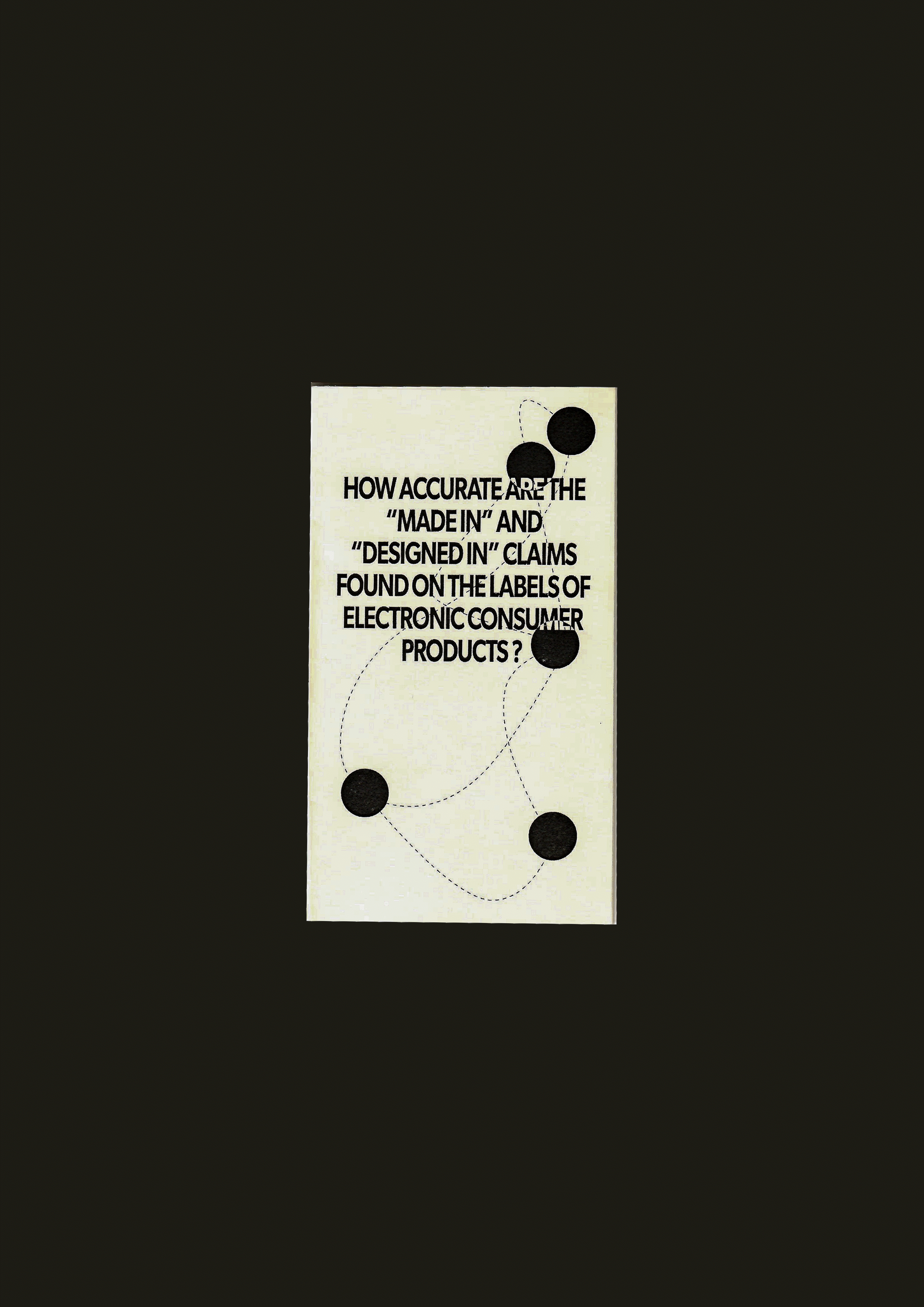
Research Introduction Paper designed and written by Nawon Koo
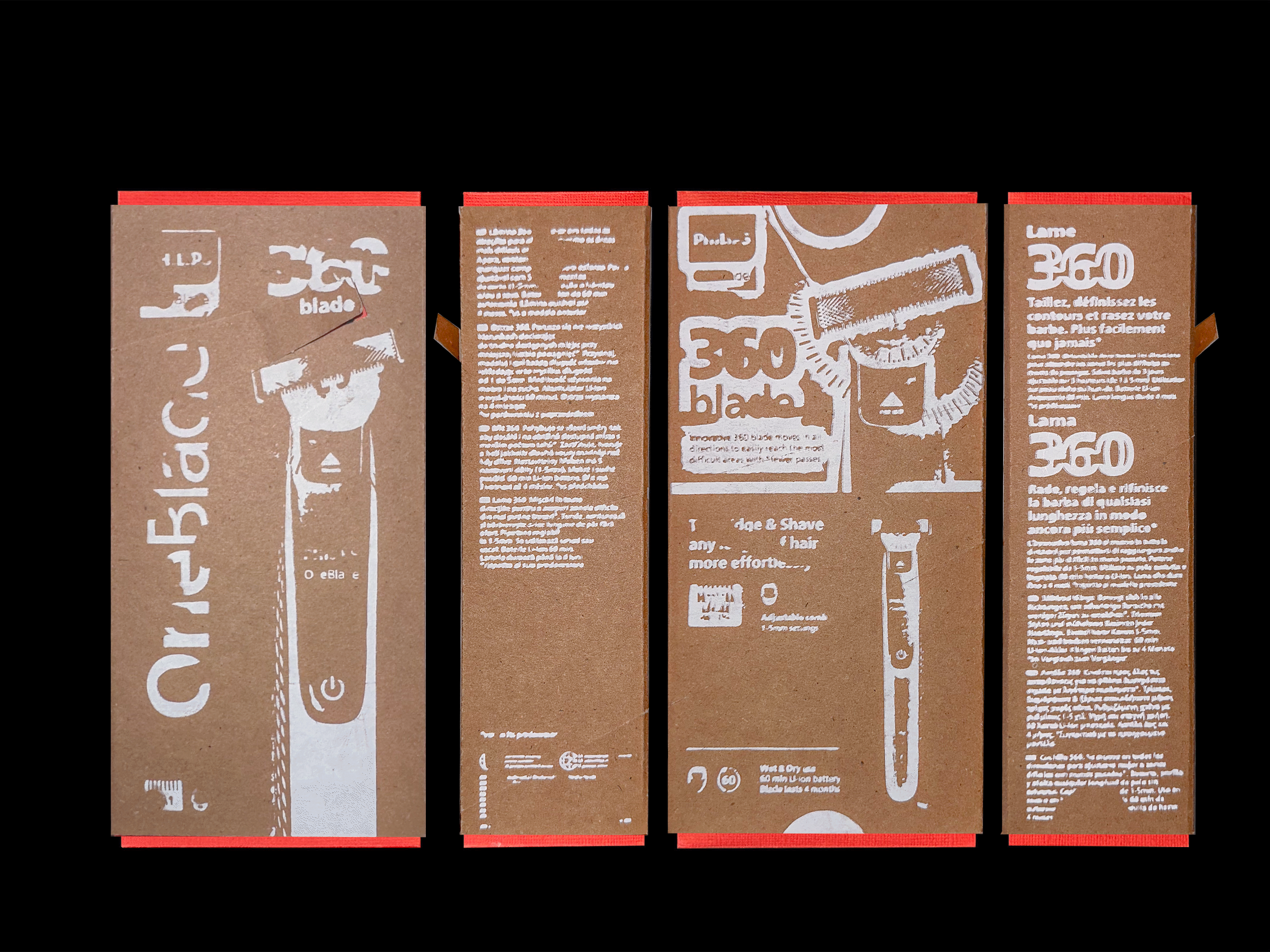
Package of Product developed by Nawon Koo